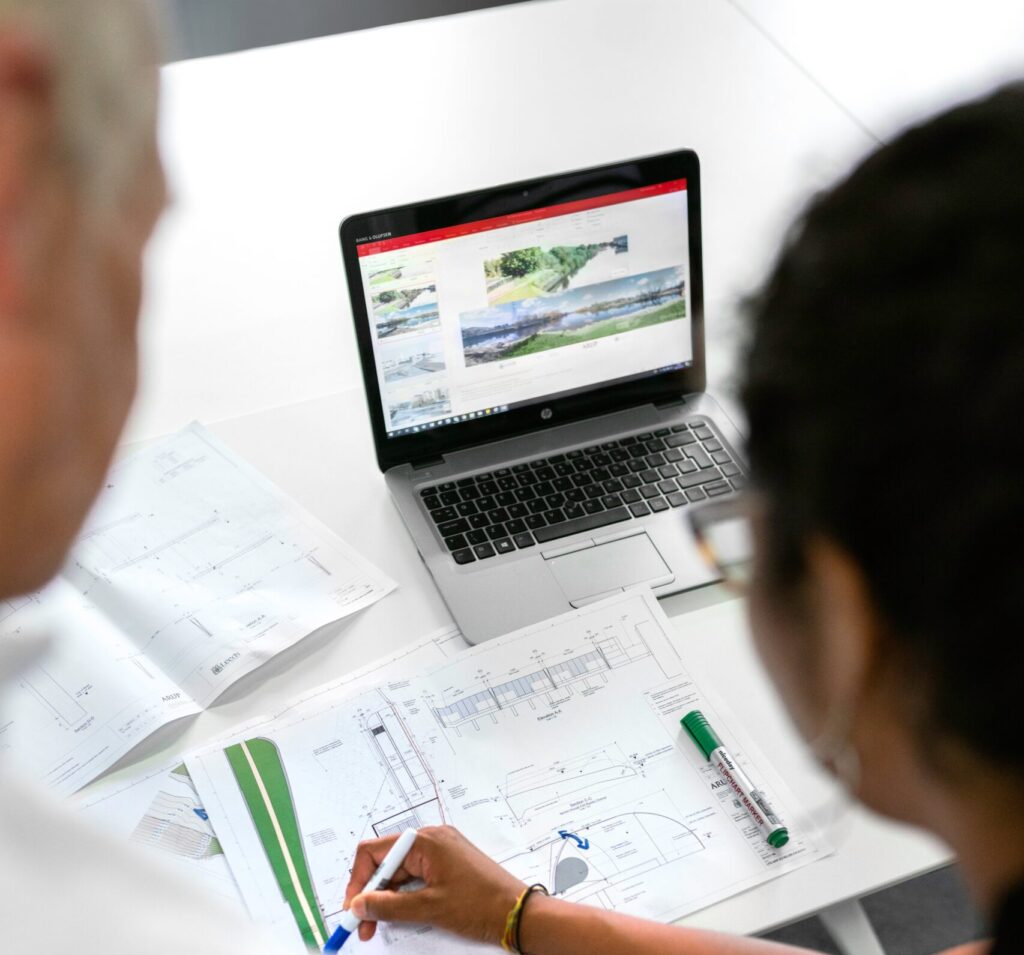The UK is one of more than 70 countries expected to hold national elections in 2024, against a backdrop of economic headwinds, heightened social tension and conflict across the world. Coface’s UK Economist, Jonathan Steenberg, explains how the ebb and flow of political risk can affect trade and why businesses should be alert to what’s happening on the campaign trail.
We don’t yet know when Rishi Sunak will call a general election, although he has suggested it will be in the second half of 2024. It’s a political unknown that could make it harder for businesses to plan ahead. After all, why make a decision now if a new Government might move the goalposts.
Such uncertainty is just one example of how political risk has financial implications for businesses but this year’s busy election diary could have consequences for trade on a much grander scale. Besides the UK, voters are going to the polls in some of the world’s most populous and most troubled countries, including the US, India, Russia, Pakistan, Iran, Mexico, South Africa and Taiwan. It may not (always) be possible to predict the outcome but Coface is in no doubt about the stakes.
A volatile world
Coface launched our Political Risk Index in 2017 to monitor the impact on trade and we update this each year. The index is on a scale of 0% (lowest risk) to 100% (highest risk) and takes into account different facets of political risk across 160 countries.
In the 2023 Index, we revealed that the global average score was at the highest level since the Pandemic and political risk was higher than 2022 in 101 countries (almost two-thirds). Among the biggest factors were the number of conflicts with a high death toll (Ukraine, Israel/Gaza, Yemen, Ethiopia); several coups and attempted coups in Africa (Niger, Gabon and Burkina Faso); and an upturn in political and social unrest (Iran, Sri Lanka and Libya). Even the ‘advanced economies’ were exposed to the effect of stagnating living standards, distrust in Government, strikes and protests (The US, Sweden, France and the UK).

Election fever
It’s against this rather gloomy backdrop that this year’s elections are taking place. On the positive side, a truly democratic process provides opportunity for debate and positive change. In the UK, for example, it could focus attention on policies that will encourage investment and address long-term productivity issues.
At the same time, not all the elections will be free and fair and others will be fertile ground for populists as we saw in the shock results in Argentina and the Netherlands in 2023. Some could become a flashpoint for internal violence and repression and a few outcomes will have huge economic and geopolitical repercussions. A Trump victory, for example, would probably transform US trade policy and its engagement with the conflict in Ukraine and , while the victory of the ruling party, the pro-independence Democratic Progressive Party, in January’s Taiwanese election might increase diplomatic tensions with China.
Understanding political risk
While there’s very little UK companies can do to influence political developments over the next 12 months, we think it’s important to be aware of events and understand their impact on supply chains and exports. For example, the recent attacks on shipping in the Red Sea, has forced many vessels traveling between East Asia and North Europe to divert around the Cape of Good Hope. As well as adding about ten days to the journey, this has pushed up freight costs from about US$1,600 per 40ft container to around US$ 5,500.
Our Political Risk Index shows this is an important component in Coface’s analysis of the trading environment and our underwriting decisions. We routinely share these findings in our economic studies and we provide specialist political risk cover to companies and financial institutions that want to mitigate the risk of their export/import trade and investments.

Jonathan Steenberg,
Economist for UK and Ireland